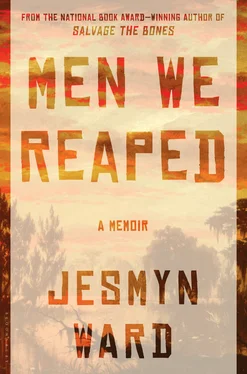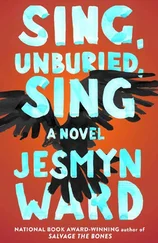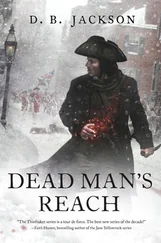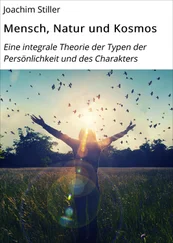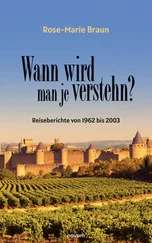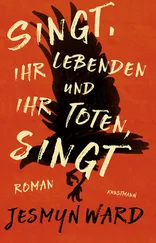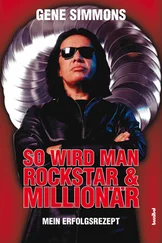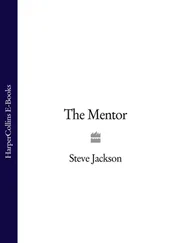I wanted to be my own heroine. Behind the houses in a row along Route 357, a forest stretched. I’d followed my older cousin Eddie back through those woods once to a barbed wire fence with signs posted intermittently along its length that read: DELISLE FOREST, PROPERTY OF DUPONT, NO TRESPASSING. This fenced property stretched from the Bay up behind our house, and then down all the way to my elementary school. Du Pont had put in a bid to build a factory in DeLisle in the seventies, promised lots of jobs to the community, and when approved, leased enough land for a plant but also enough to provide a buffer of woods between them and us. When I followed my cousin Eddie, who must have been twelve at the time, back to that fence, I watched him jump over it, a rifle in hand, and disappear into the dark. He was hunting rabbits, squirrel, anything wild and gamey that would yield a little meat after it fell to his bullet. Part of me wanted to go with him, the other was afraid. Those woods were lovely and menacing, all at once. And access to them was forbidden.
When I played with Joshua and Aldon, I wanted to lead them back into those woods, to explore them like the characters in Bridge to Terabithia did their forest, but I did not. Instead, Josh and Aldon and I wandered around the shed in the backyard, leapfrogging over the septic tank, sliding along the slippery slope where what had been an artesian well slowed to a slick trickle to create a bog in the middle of the yard. We explored behind my great-aunt’s house. She lived next door. There we found a good plot of pines. Hidden beneath their shade was straw-strewn earth, and sticky stumps and trunks, brown and flaky, felled by hurricanes.
“We are going to have our own place,” I said. “We need to come up with a name for it.”
“What we going to name it?” Aldon asked.
I looked down at them both. They were five, three years younger, and shorter than me. Their big heads seemed too big for their shoulders, their hair was a fine dusting, and their eyes were wide. Joshua was bright-skinned and Aldon was darker, but both wore cropped satin and net shirts that looked like football jerseys and khaki shorts with nasty metal zippers that hurt my fingers whenever I helped one of them get dressed. They were depending on me. Where one went, the other followed, and right now they were both following me. We’d find our place, our own little world.
“Kidsland,” I said. “We’ll call it Kidsland.”
“Kidsland?” Joshua asked. When he said it, it sounded like kizzland .
“Yeah, Kidsland, like kid’s … land . Because it’s our land. Our kingdom.”
“Yeah, that’s good,” said Aldon.
“I like that,” said Josh.
I led them out into the trees. Downed trunks became horses and castles. Branches became swords and enemies. We battled. We ran. Joshua collided with a tree and scraped himself purple. I clucked over it, wiped it clean with my shirt, blew on it.
“It hurts,” he said.
“It’s going to be okay,” I told him.
Joshua trusted me. His eyes, which had glazed wet, dried. He shrugged, hopped a little on his good leg, ready for more serious play. I was proud of him.
I was still dissatisfied with the name. It sounds so plain , I thought, not magical like Terabithia . But I was happy with Kidsland, our home, with Aldon, with Josh. Two good warriors , I thought. I was a little satisfied, as if I’d taken the first step to doing something momentous, to becoming one of those girls in the books I read.
In real life, I looked at my father and mother and understood dimly that it was harder to be a girl, that boys had it easier. Here, boys could buy and ride motorcycles and come and leave when they wanted to and exude a kind of cool while they stood shirtless at the edge of the street, talking and laughing with one another, passing a beer around, smoking cigarettes. Meanwhile, the women I knew were working even when they weren’t at work: cooking, washing loads of clothes, hanging them to dry, and cleaning the house. There was no time for them to just relax and be. Even then I dimly knew there was some gendered difference between my brother and me, knew that what the world expected of us and allowed us would differ. But for me, the reality of those differences was reduced to one tangible symbol: cigarettes.
I could read the packages, knew that my uncles smoked Kools. To me, they embodied just that, the leisure and cool that were the specific privilege of men. When Joshua and Aldon and my cousin Rhett and I collected enough loose change from the grown-ups, we’d jump on our bikes and ride them down the street, a mile or so, to a store built in a shed in a yard. The owners were White. I often felt like they were staring at us as we carefully picked our pack of gum, our potato chips, our one drink, our candy. Two dollars could buy us this, but if we had less, if we had only a dollar, our options were narrower. Joshua and Aldon would choose all candy, penny candy and Now and Laters, Rhett chips and drinks, and I’d buy candy and gum. My favorite candy was candy cigarettes. I’d smoke my candy cigarettes during the bike ride back to the house: my favorite brand had some sort of fine powder on the tip, so when I put my lips to the gummy candy filter and blew, a light smoke flew like sea spray.
One day, one of my uncles puffed his cigarette, sucked it down quickly, threw it down in the dirt with a quarter of it remaining, and then walked down the street. The porch was empty, my aunts in the house were quiet, and we were alone in the dirt yard. I slid under his car, plucked the cigarette from where he’d flicked it. It was still warm. I held it by the filter, the tip pointed to the ground, and walked over to Josh and Aldon.
“Come on, y’all,” I said.
They stood and followed me around the back of the house. I stopped between the back wall of the house and the concrete slab of the septic tank.
“We’re going to smoke this cigarette,” I said. I wanted some of my uncle’s autonomy, some of his freedom.
They nodded sagely, as only five-year-olds can do. I tried to puff the cigarette and got nothing. Before I could hand it to Aldon, Aldon’s mother heard us from the bathroom window, which I’d parked us right beneath.
“Mimi, Aldon, Josh: get in here!” she yelled.
We dropped the cigarette and filed into the house. Both of my aunts sat at the kitchen table.
“What were y’all doing?”
I didn’t say anything.
“Y’all were smoking a cigarette?”
“No,” I said, suddenly panicky, my chest flushed hot.
“Don’t lie,” my other aunt said. “Was y’all trying to smoke a cigarette?”
“Yes,” I said, miserable.
“I heard everything from the bathroom window,” Aldon’s mother said. “Why did y’all do it?”
“I don’t know,” I said. “I saw it and I picked it up.”
“Well, don’t ever do it again,” she said. “Y’all don’t need to smoke.”
“If y’all promise not to ever do it again, we won’t tell your mama.”
“Okay.” We all nodded.
They sent us back out to play. I was relieved, knowing that we’d escaped a terrible punishment. Later that night, as Mama was drying Joshua off after giving him a bath, he told her, “Mimi and Aldon were smoking a cigarette.” My mother called me into the bathroom and confronted me. I told her what my aunts had said. She was angry they hadn’t told her about our escapade. I wished my father were there, but he was out. My aunts told my mother the truth. My mother’s work was never done. She whipped Joshua and me and punished us by confining us to our bunk beds in the back bedroom, dark as a cave in the middle of the summer, for a weekend. We came out to eat and use the bathroom. We slept and whispered to each other: I read, sometimes to him. While we suffered, Aldon giggled and played outside: our aunt was more lenient with him. Joshua and I watched his shadow waver across the screen, behind the curtains, with the pecan and pine trees. I was bitter: even in punishment, some boys had it easier.
Читать дальше
